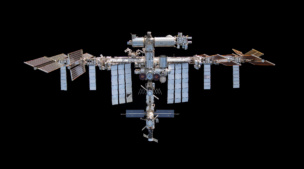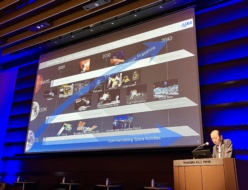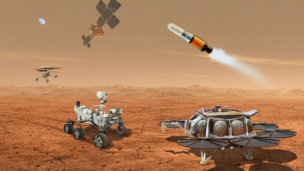While a shutdown seemed increasingly likely only a week ago, lawmakers have passed another last minute agreement to keep the government open, at least for now.
The details: The Senate overwhelmingly approved a stopgap funding bill late Wednesday night, just one day after the House passed the same proposal on Tuesday.
Funding the government under a CR, instead of passing full-year spending bills, is all too common in Washington these days. What makes this bill unique is its two-tiered approach that staggers when funding expires. For the space-related agencies that means:
- Funding for the Transportation Department, including the FAA’s Office of Commercial Space Transportation, will expire Jan. 19.
- Funding for NASA, DoD, and the Commerce Department will expire Feb. 2.
The bill does not further extend the FAA’s learning period, which is set to expire Jan. 1 under a previous continuing resolution.
What’s next: Congress will come back after Thanksgiving and try to get to work passing full-year spending bills, but there’s no guarantee lawmakers will be able to reach consensus. The House, for example, is considering and passing spending bills below the top-line dollar amount set in this year’s debt ceiling deal, something that’s not likely to win support from Democrats in the Senate.
The House is also dealing with its own internal struggles. This week, lawmakers failed to approve a procedural measure that would have allowed the chamber to consider the Commerce, Justice, Science and Related Agencies appropriations bill, which includes NASA.




